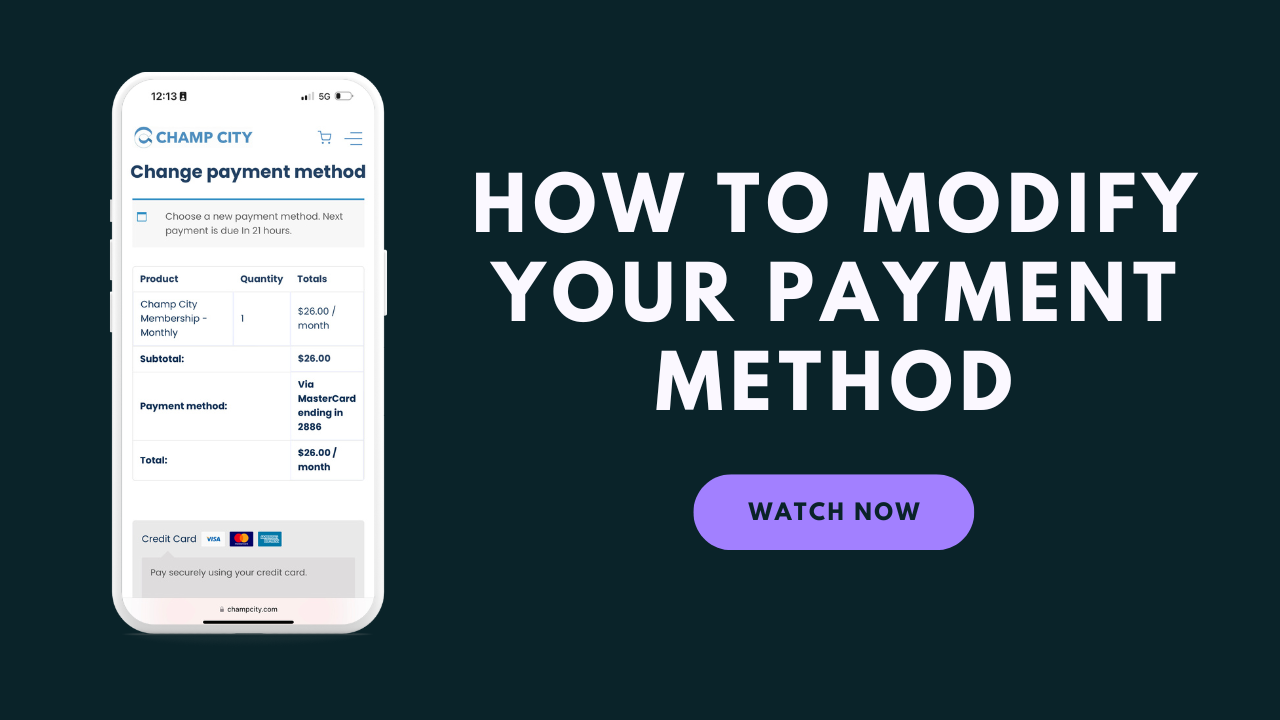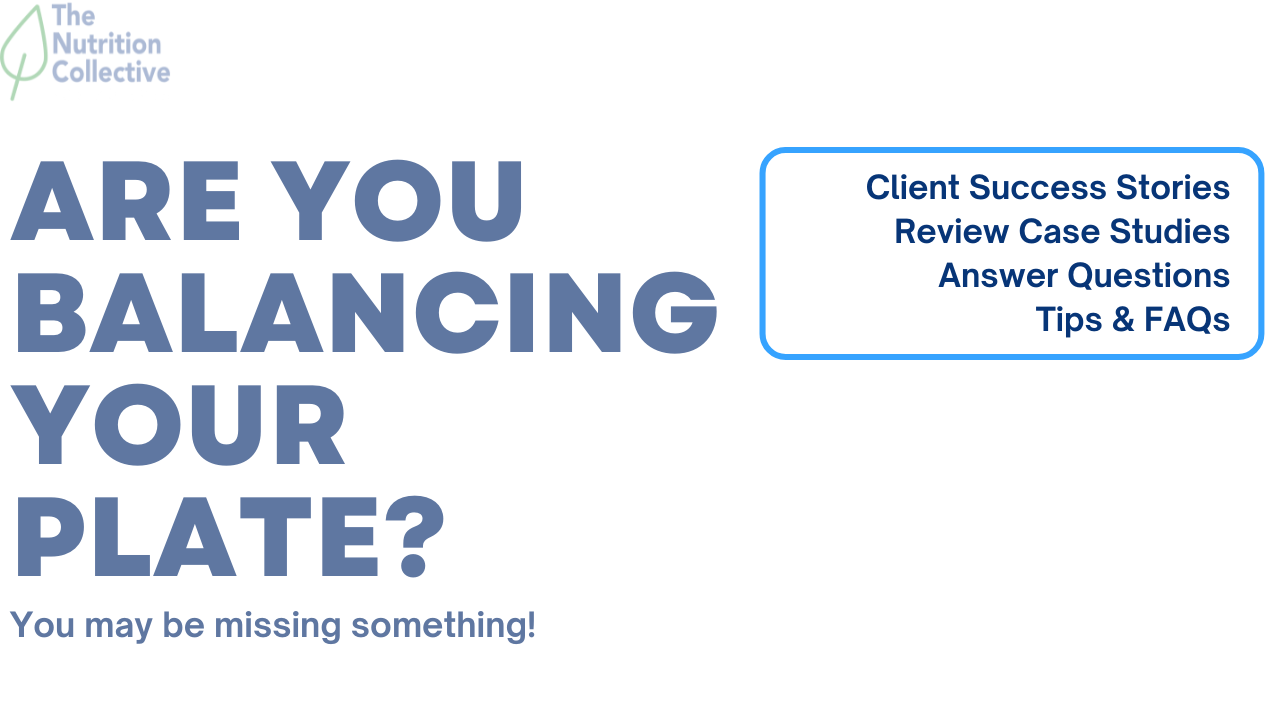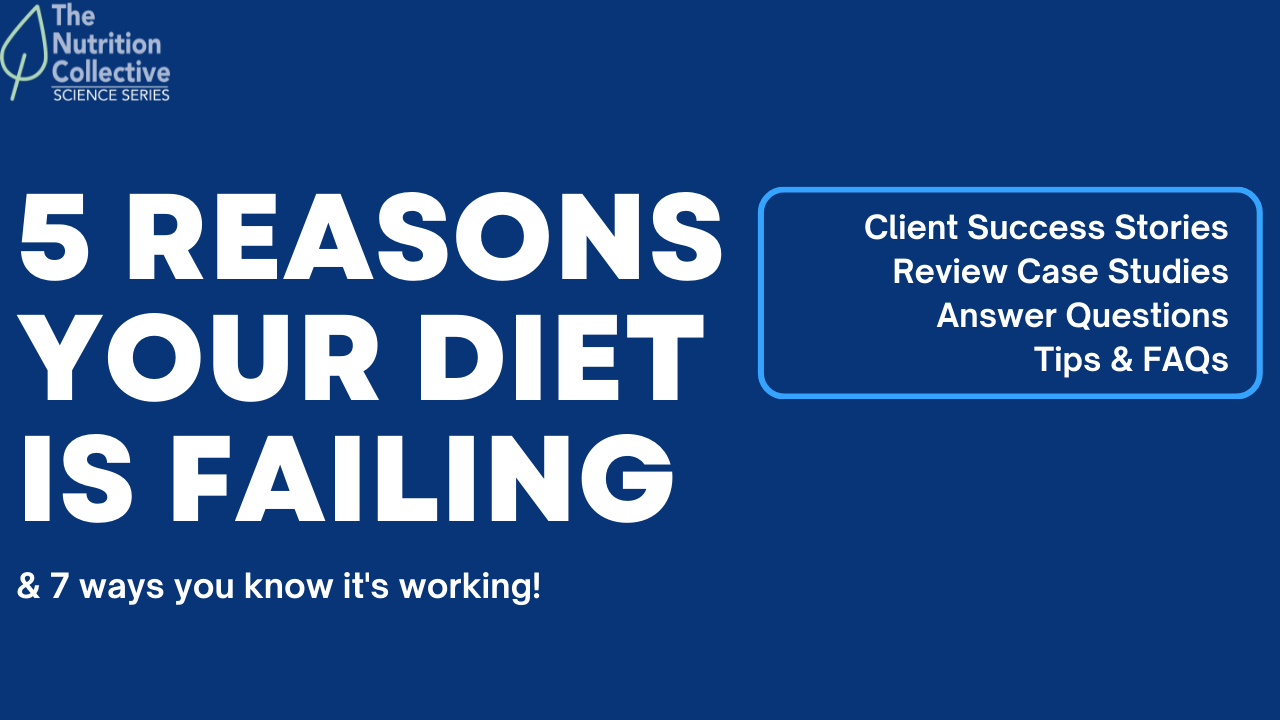The new year, or the year end, is a natural period of self reflection. We think about how our previous year went and how we improved. This is also the time when most people set resolutions. It’s just a good feeling to have a fresh start for the new year.
Setting resolutions is great. But remember, planning your year is better than creating unrealistic new year’s resolutions and abandoning them after the first week of January.
Mindful planning is more realistic than a mere list of new year’s resolutions. Concrete plans make concrete goals.
But sometimes, all the planning can be overwhelming and stressful for some people. They get caught up in the pressure and certain circumstances in the past year. You need to circumvent this trap.
The Psychological Reasons Behind New Year Anxiety
There’s always this pressure to make the new year the better year, or even the best year yet. A counselor-therapist explains that it can even feel like slowly falling into a black hole for anxious people (1). They feel a sense of dread instead of feeling hopeful for the upcoming year.
Even without clinical anxiety, you can still trigger this dread when it comes to planning for the new year. Here are the reasons why.
The Pressure Of Making New Year’s Resolutions
Setting new year’s resolutions seem to be a part of the norm. The new year is the perfect time to assess yourself and plan for the things you should start doing, and things you should start ditching. But the truth is not everyone is ready to plot this change.
What if you’ve just figured yourself out a couple of months ago? What if you’re still working on your best self and now you’re forced to create a new set of resolutions?
Thinking about these resolutions is more of a year-end stress than a “resolution” itself. We spend hours obsessing over the reasons why we still aren’t good enough after a full year.
Getting Trapped in the Past
The new year is about remembering all the good things that happened in the past year. However, there are some people who end up analyzing their shortcomings, thinking about the people and opportunities they’ve lost, and why they seem to have slow progress in their life.
We often get caught up in the unaccomplished goals of the previous year, wondering how the time passed by so quickly, and then feeling pressure to perform better in the coming year. It’s a cycle.
The Uncertainty Continues
Uncertainty is one of the biggest anxiety triggers the new year can bring. Most people see it as a good thing, another chance to experience new challenges and develop themselves. But it’s not the same thing for everyone. Some people have a tendency to dread or imagine the things that can go wrong.
You focus on the future so much and end up overthinking the risks you face. But life’s really full of uncertainties. It doesn’t come with an outline on how each year will turn out.
Fear Of Change
While uncertainty makes us worry about what might happen in the new year, it’s the fact that things will change that can also make anxiety even worse for some people.
Having to make new adjustments and coping with new situations are what some people fear of doing as they face another year.
It might be taking a new job, or having someone you love move away. Even something as simple as switching to a new gym or using a new platform for your work is a big upheaval that requires adjustment. Change causes anxiety, regardless of how big or small the situation is.
Combating The New Year Anxiety

A combination of an active lifestyle and overall wellness is an effective way to combat anxiety in general. Keeping your body busy and healthy helps give you strength and clarity in your mind to handle anxieties and fears.
The new year means another opportunity to become a better version of yourself. The present and the future matter more than your past. Here are some tips to help you combat the new year anxiety.
Start Today.
Why wait for the new year if you can start today? Most people get overwhelmed and anxious because they keep on delaying their progress until the new year as part of their resolutions and eventually realize there are already tons of plans on their plate.
This is the point where your mind starts to rumble. For example, you’ve been planning to start working out but since you’re just months away from the new year, you make an excuse to yourself to just start it next year instead. Or maybe you’ve been thinking about getting more organized but end up leaving your cluttered, unproductive desk, waiting for some new year-inspired organization trends.
Set resolutions meant for achieving lasting changes. You can chunk your goals into tiny steps and set a specific milestone to achieve to encourage yourself to work on the rest of your goals.
It’s better to welcome the new year when you’ve already taken small steps in achieving the goals you’ve lined up.
Only Commit To What You Can Do.
Over commitment is one of the biggest hurdles towards achieving your goals. You say yes so much that you no longer consider the limitations of your capabilities. It’s easier to forget about the more important things you should focus on.
You put too much pressure on yourself and leave little to no space for self growth and development. Sure, your work is important to sustain your daily life. But taking on too much can harm your overall wellness.
Previously I shared about the framework I use to evaluate my life, the eight dimensions of wellness. Focusing on each area, step by step, in a balanced manner can help you achieve optimal well-being. It’s completely normal, if needed, to say no if you feel that any area is going to be compromised.
Healthy Boundaries Are Key
Boundaries are a way to take care of ourselves. According to Greg Savva, a counselor, boundaries define the limit of your personal space and mutually acceptable behaviors (2).
When you learn how to create and maintain healthy boundaries, you can avoid the feelings of disappointment, frustration, and resentment.
Seeking to please other people to avoid rejection is another trait people who don’t set boundaries make. There will always be something people can say about you, and it’s already out of your control. Focus on yourself, your goals, and overall well being.
Pay Attention To Your Mind And Body
If you feel that worry and anxiety are slowly consuming you as the new year approaches, take a step back and focus on your mind and body first. When we’re overwhelmed, stressed, and anxious, we tend to set our health and well being aside. Making small, consistent changes can help you address these feelings better without compromising your overall wellness.
Maintain an active lifestyle. Regular exercise gives your mind the clarity you need to think about what you really want to achieve instead of getting caught up in pressure. Physical activity is also crucial for building stronger emotional resilience to help you get through life’s challenges in a healthier way.
Try practicing daily yoga. Research says that yoga contributes to an increase in positive mental health and psychological well being (3). Regular practice of yoga helps lower your stress levels, calm you down, and boost your mood.
Keeping your body busy helps calm your mind and think straight towards planning your goals for the new year instead of getting drowned in pressure and past failures.
Mindful Planning For New Year’s Resolutions
Most of the time, resolutions are just sensationalized. People would just abandon their list a few weeks after the new year. Because sometimes, it’s too much for them, or they line up goals without planning their steps towards achieving them.
Instead of committing to abstract goals, reflect on yourself and assess what you really need and want, and how you can achieve them. Below are a few tips to planning your new year resolutions.
Address where your anxiety comes from. Is it from the uncertainty of the future? Or maybe the fear of being rejected or failing because of your past experiences? Are certain aspects of your life overwhelming you? Figuring out where your anxiety comes from will help you address problems instead of sweeping them under the rug.
For example, if leaving your current job and starting your business is causing you anxiety, go over your work relationships and see that you’re not burning bridges, and strategize about your startup with every step broken down into smaller steps.
If you’re avoiding your credit card statements because they trigger anxiety, ask a friend you can trust to give you the numbers so you can plan your payments. It might not be as bad as you think it is.
Improve your mindset. Things might not always go your way, but a positive attitude can make it flow more smoothly. Stress is inevitable. With mindfulness, you can face the challenges better with stronger resilience.
Strategize. Planning to achieve a healthier lifestyle? Want to get rid of your credit card debt? Start dedicating yourself to small steps towards the changes you want done. Making small, sustainable changes–like planning your payments– are more motivating rather than pressuring, and drives bigger changes moving forward.
Pick one goal at a time. Don’t rush yourself into accomplishing everything in one go. Appreciating the process more than the results gives you room for growth and improvement. This will give you the persistence you need to accomplish your other goals for the upcoming year.
Key Takeaways
The future is out of our control. But we can always act on the necessary changes to make it better. It doesn’t matter how small your actions towards your goals are, as long as you’re making progress.
With a healthy mindset and overall well being, you can avoid getting overwhelmed and pressured when facing the new year. It’s one of the best times of the year, so seize the moment with the people that you love.
Are your wellness goals for next year ready? Get in touch with one of our experts today to help you get started. Champ City offers wellness consultations specifically tailored to your needs.
References:
- Counselling Directory (2016) A new year or a black hole? https://www.counselling-directory.org.uk/memberarticles/a-new-year-or-a-black-hole
- Savva, G. (2018) Healthy boundaries in relationships are vital https://www.counselling-directory.org.uk/memberarticles/healthy-boundaries-in-relationships-are-vital
- Hendriks, T., de Jong, J. & Cramer, H. (2017) The Effects of Yoga on Positive Mental Health Among Healthy Adults: A Systematic Review and Meta-Analysis https://pubmed.ncbi.nlm.nih.gov/28437149/







